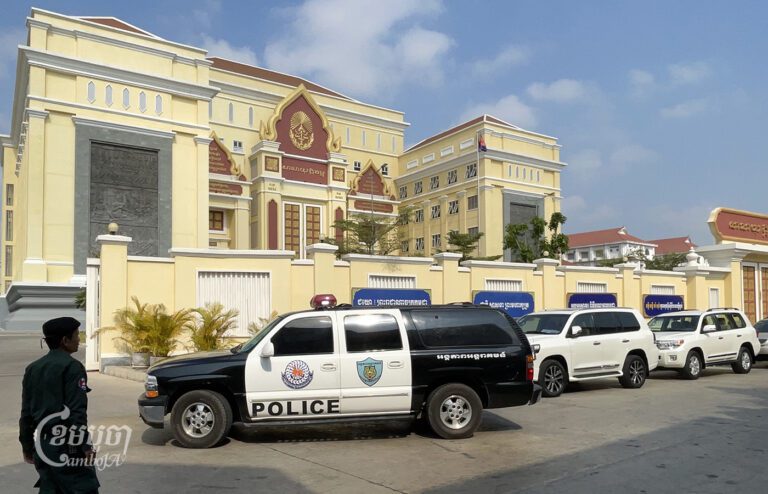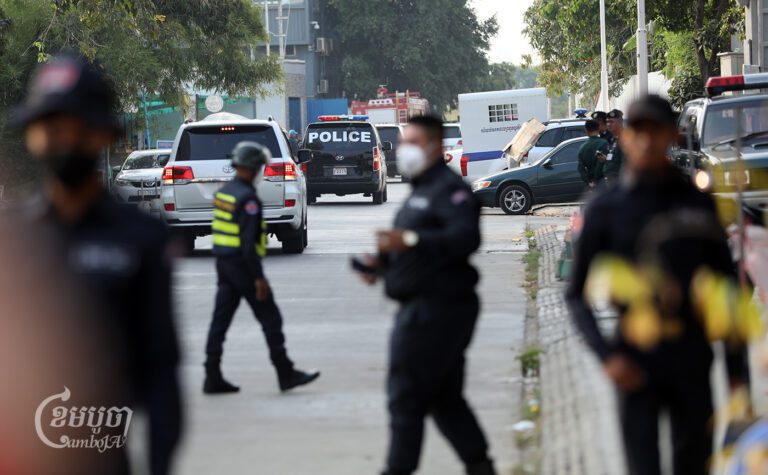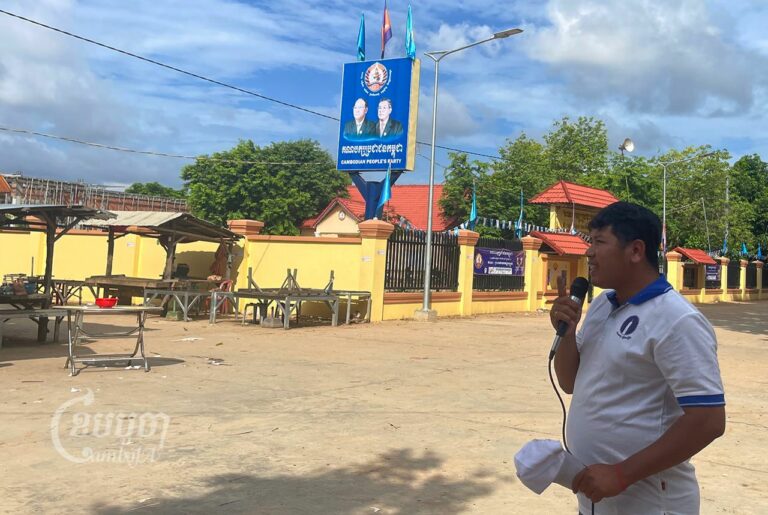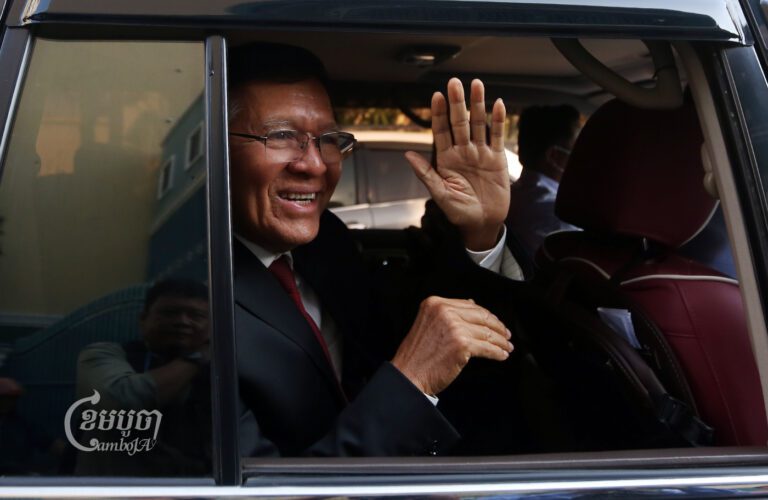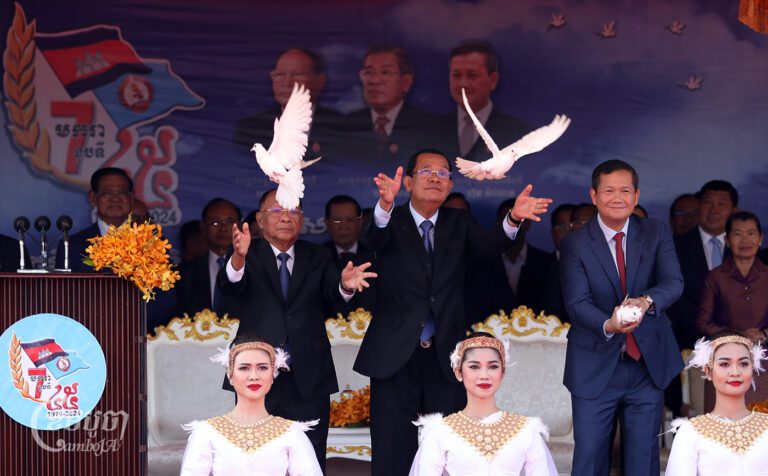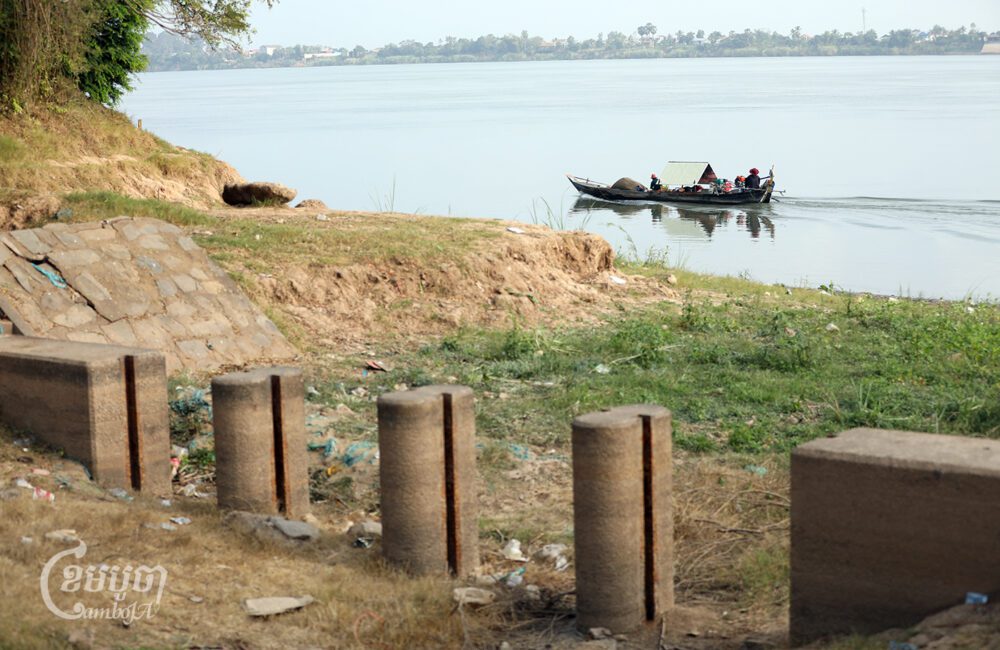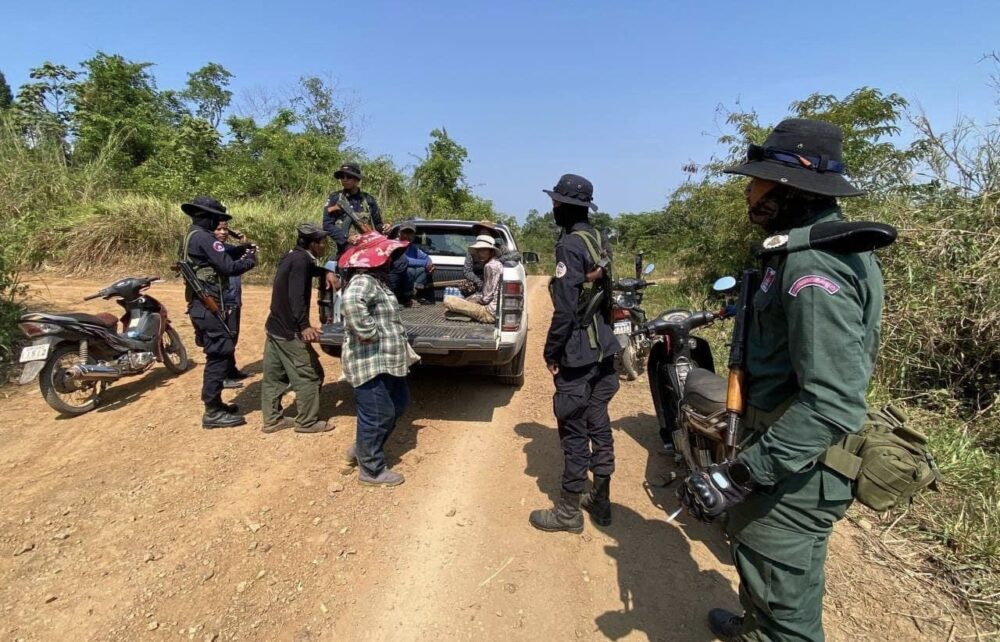The Cambodia National Rescue Party has been dissolved for nearly 1,100 days, after the Supreme Court in 2017 ruled that the party had attempted to overthrow the Cambodian People’s Party government, resulting in the removal of any electoral threat to the ruling party.
Since then, a conservative estimate of arrests, charges, detentions and summons against former CNRP members and elected officials totals around 350 – which means some form of legal action has been initiated on average once every three days against members of an opposition party that ceased to exist on November 16, 2017.
This number – collated using news reports, opposition claims and statistics from rights groups – does not include the sustained surveillance and harassment of grassroots officials and supporters or supposed random acts of violence against people supportive of the CNRP, most of which have gone uninvestigated.
Sam Sokong is intimately familiar with a lot of these cases. The veteran lawyer, who routinely represents CNRP and CNRP-linked clients, has been flooded with case files for the last three years. These include the arrests, detentions and summons of commune councilors and senior leaders in exile, including citizens accused of supporting the party.
“These points show that they are persecuting CNRP supporters or activists, even though the CNRP was dissolved by the Supreme Court, but they still restrict them,” Sokong said.
The lawyer then delves into an ever-growing list of clients he is representing. Just in November, he was to represent nine senior CNRP leaders for plotting to attack the government, more than 60 other former party members and officials summoned for alleged incitement and plotting charges, as well as five other cases linked to other CNRP officials.
Sokong then rattled off all the provinces where former CNRP officials had been convicted for similar charges; the lawyer estimated around 20 imprisonments in recent months. In September 2020, seven former CNRP officials were convicted in Tbong Khmum on plotting charges, sentencing five of them to five years in prison.
“These cases are political cases,” Sokong said. “So, to solve these cases and to get a win-win, we should solve them as political cases and not solve them through legal procedures.”
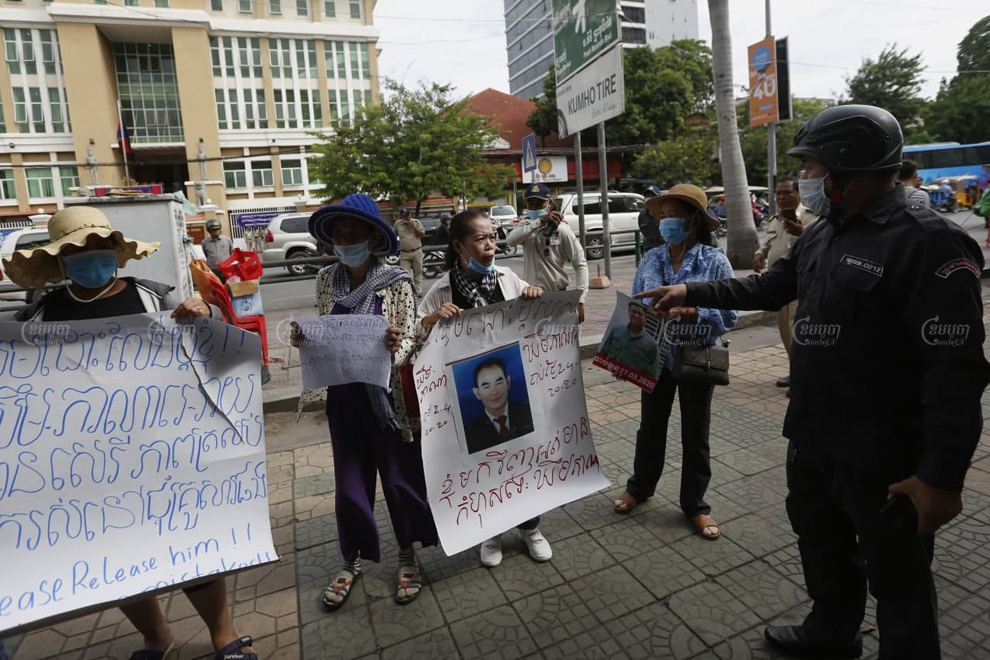
The opposition and rights groups have said that the lawyer’s laundry list of charges underscores the government’s continued attack on members of the dissolved CNRP. But, government officials have characterized the opposition as “urban rebels” who were attempting to attack the elected government of the people – an elected legislature where the CPP won all elected positions in the Senate and National Assembly in 2018.
Chin Malin, a spokesperson for the Justice Ministry, said that in a democratic society if cases needed a political solution, it could not tolerate the use of “crime” to achieve these ends.
He said the exiled opposition’s demand for political negotiations would not happen because former party members had violated the Cambodian Criminal Code and the Constitution.
“So [the court] has been issuing summons because we continue to act against abuses of the law, and responding to crimes is not equal to persecution,” Malin said.
Sam Rainsy, who is in self-exile in France for the last five years, released a video on Monday characterizing the dissolution of the CNRP as a “political crisis.”
He said the dissolution, which also led to 5007 CNRP commune officials losing their elected positions, had made the current government illegitimate because opposition voters had been disenfranchised.
“Hun Sen’s actions are the theft of power from the Cambodian people and the theft of [elected] positions from the CNRP’s leaders,” said Rainsy.
The exiled opposition leader said the government should pay compensation to all CNRP commune councilors who had lost their jobs because of the dissolution.
Despite rumors of a rift between the two factions of the CNRP – Sam Rainsy Party and Kem Sokha’s Human Rights Party – Rainsy threw his support behind the jailed opposition leader, calling him a democrat and non-violent person.
Kem Sokha has been facing legal action since September 2017, when he was arrested for alleged treason. The Phnom Penh Municipal Court alleges that he colluded with foreign powers, including the United States, to topple the Hun Sen government.
While the trial commenced earlier this year, it was delayed because of the COVID-19 pandemic. The delay means that Sokha has spent more than three years with these charges hanging over him.
The opposition has had to deal with a few high-profile requests for political amnesty, including 14 senior party officials who have either formed a new party or have yet to decide their political course.
The Supreme Court, in its 2017 decision, banned 118 senior party officials from politics for five years; this ban is expected to end after the 2022 commune election. The government then created an ad-hoc mechanism to allow for a royal pardon for these politicians to return to politics.
Former CNRP leaders have alleged these requests for political amnesty have been coerced by the ruling party. Ly Srey Vyna is the latest former CNRP lawmaker who asked Hun Sen this month for amnesty and to join the CPP.
However, CNRP leaders say the shuttering of Ly Srey Vyna’s medical practice days before her request for amnesty reveals that the ruling party is pressuring people to break ranks.
Other members whose political ban had been lifted have formed three new parties themselves or with the aid of their family members. These parties are the Khmer Will Party, Cambodia Nation Love Party and Khmer Conservatism Party.
Former CNRP lawmaker Ou Chanrath, who was allowed to reenter the political arena in 2019, said he was considering starting a new party. He said his decision would take into account the fate of Sokha’s treason trial.
“So, if [Sokha] has the possibility [to join the politics], we do not have the need to create a new party, but if he cannot then we will start to do it,” said Chanrath.
CPP Senator Sok Eysan said that the 14 people who had been rehabilitated were within their rights to return to politics, denying that the ruling party had coerced these actions. He said that of the 14 former CNRP officials, only Ly Srey Vyna had requested to join the Cambodian People’s Party.
“Among the 14 people, only one, Ly Srey Vyna, had asked to join as a member of our CPP,” said Eysan.
He said he was unaware of any decision to accept her intentions to join the party.
Em Sovannara, a political analyst, said the number of CNRP-linked officials wanting to return to politics was still small, attributing these requests to personal calculations.
“Through this mechanism, those politicians just want peace, comfort and to not be affected with regards to their property or to be oppressed in their business activity and real estate,” Sovannara said.
He said even with the creation of new entities by former CNRP members, it was unlikely to sway the electorate who were keenly aware of these political calculations and unlikely to vote for the fledgling parties.
Sovannara said this was evidenced by the 19 opposition parties in the 2018 national election who won only a fraction of all the votes cast that year.
“So, the people do not seem to believe those politicians,” Sovannara added.



